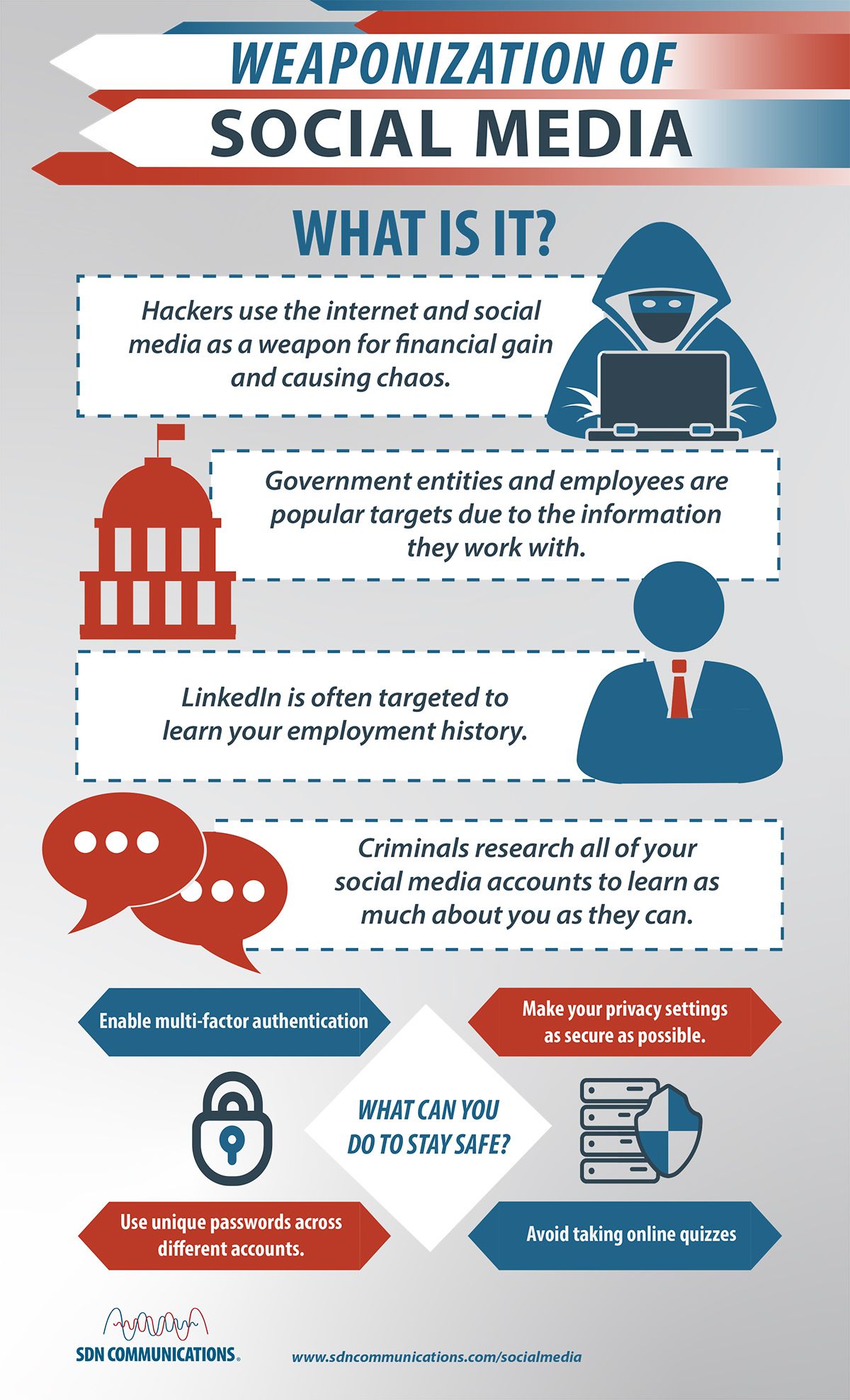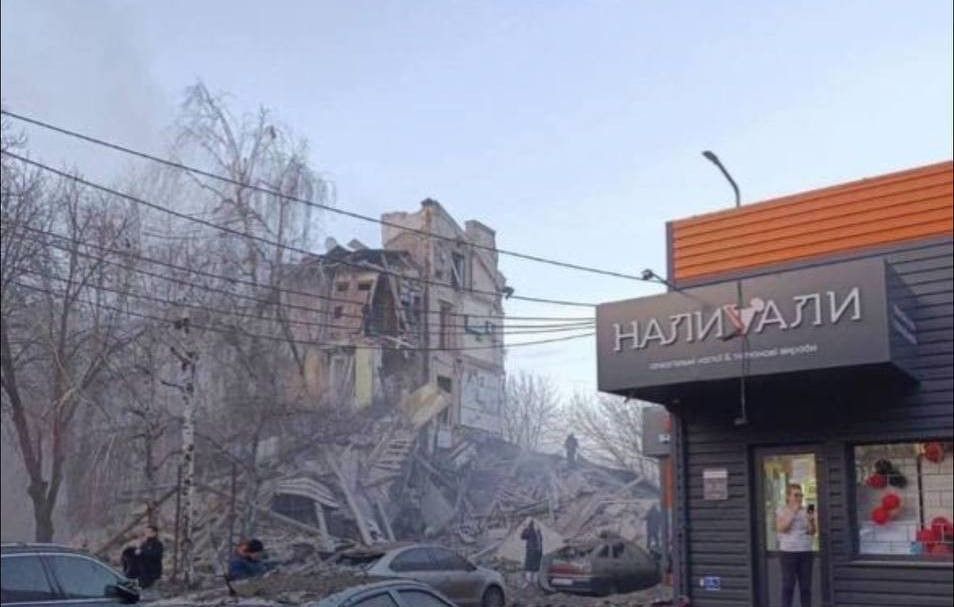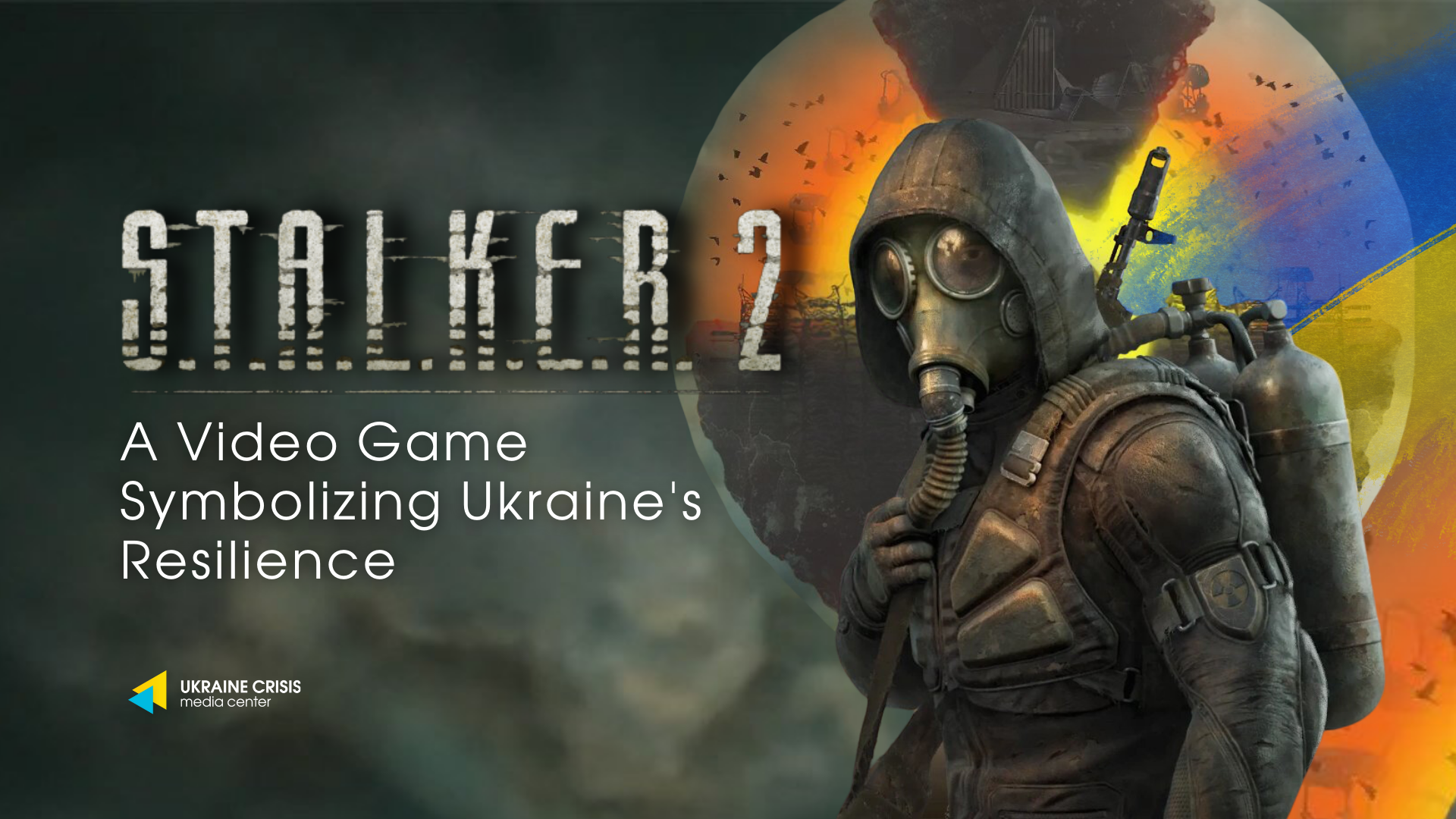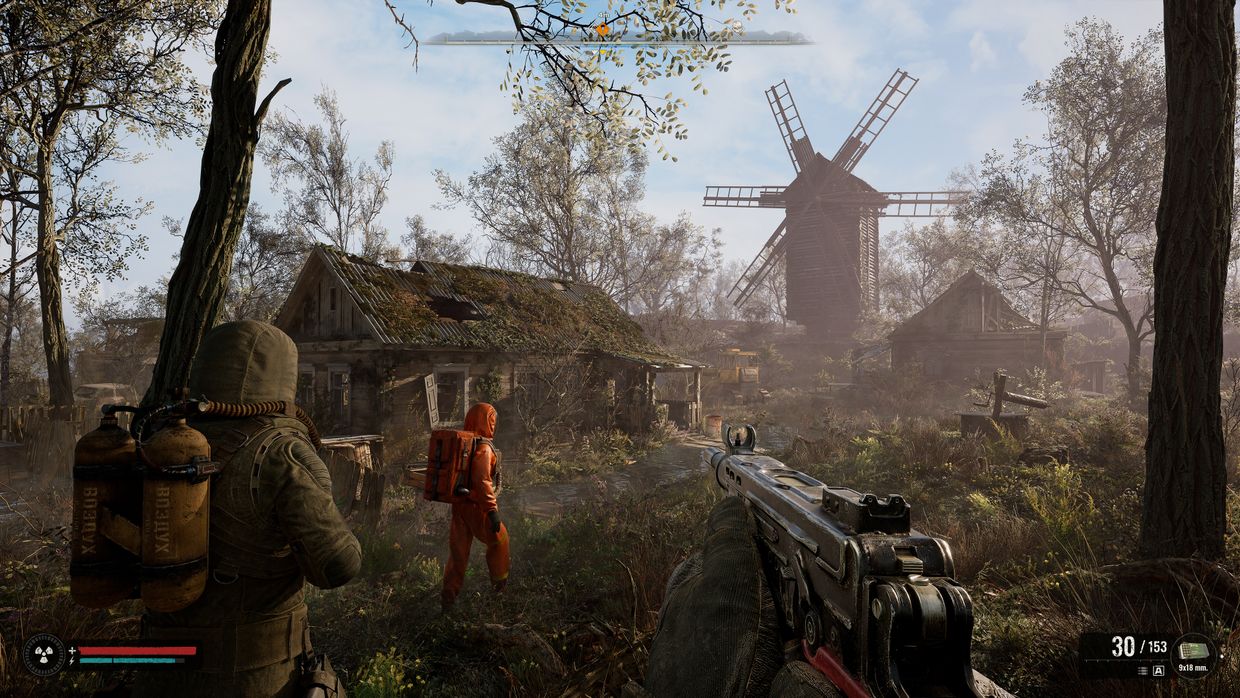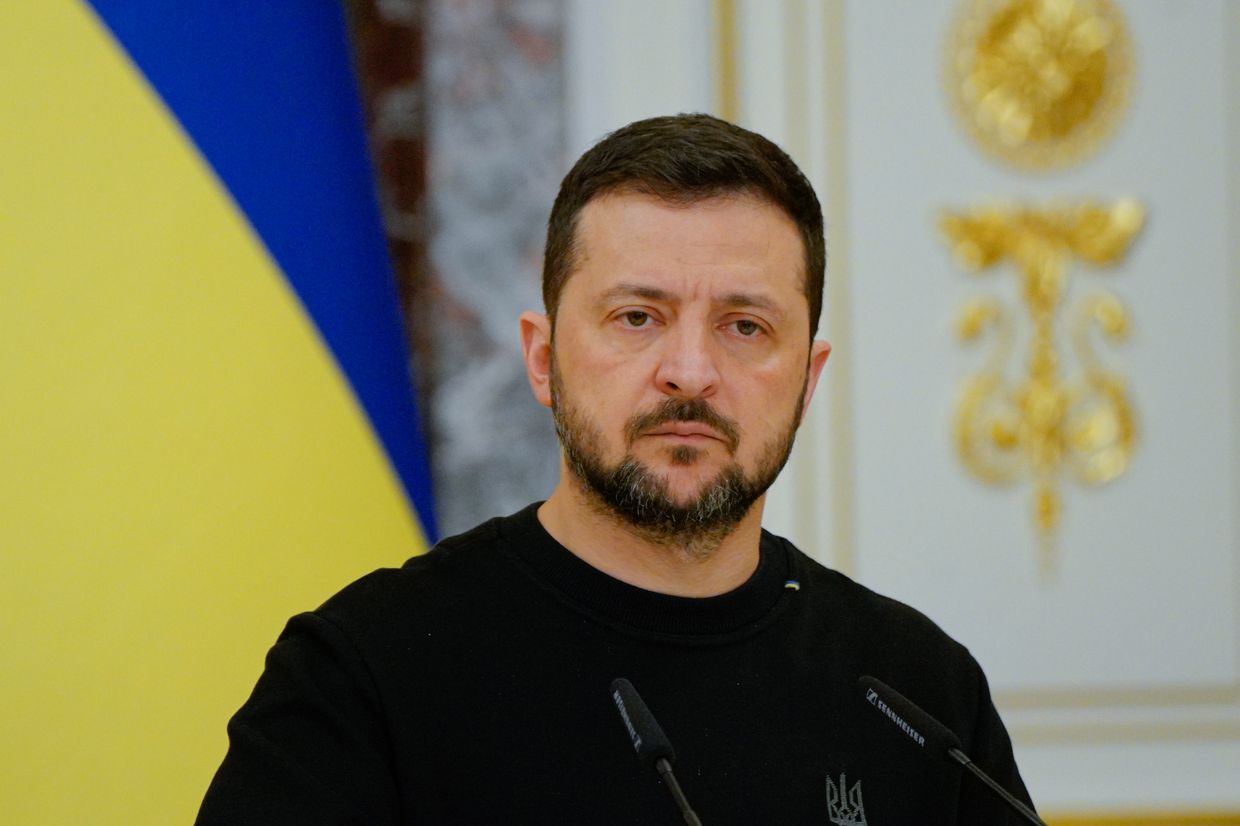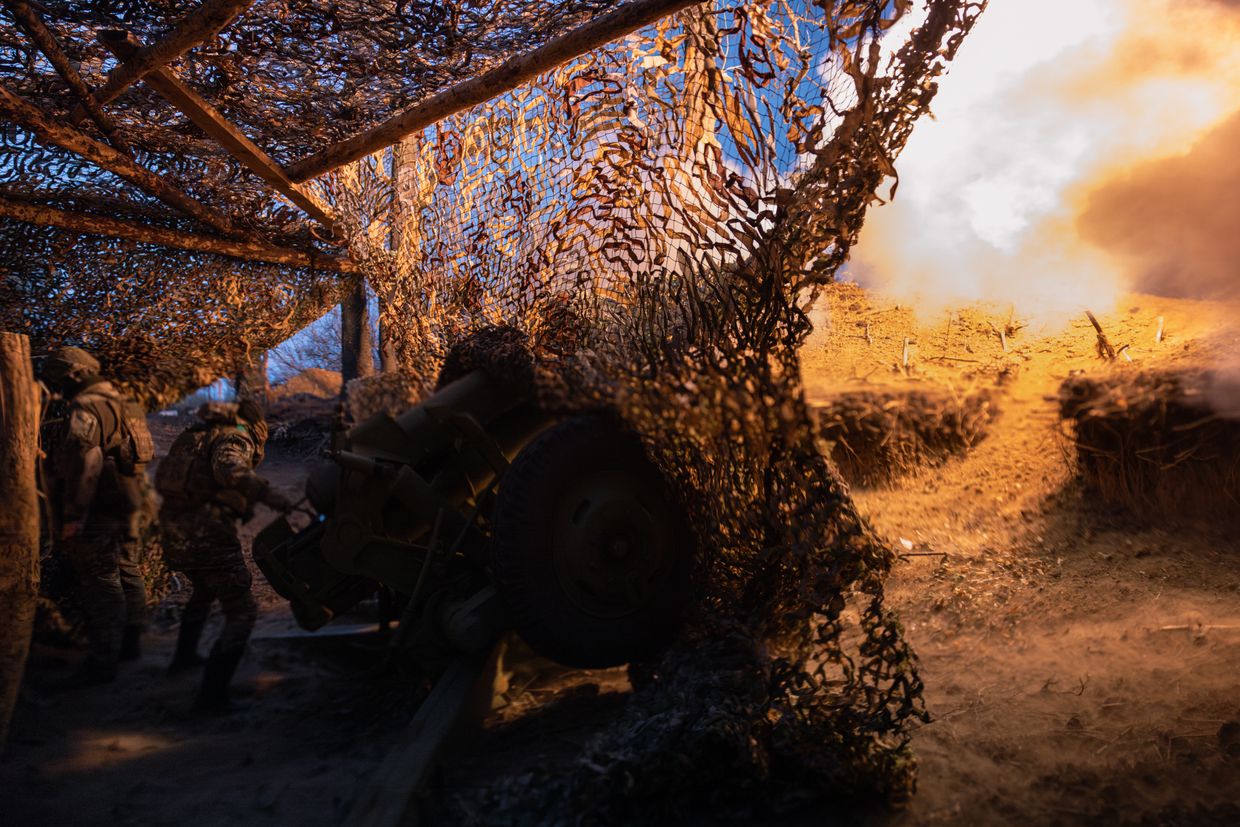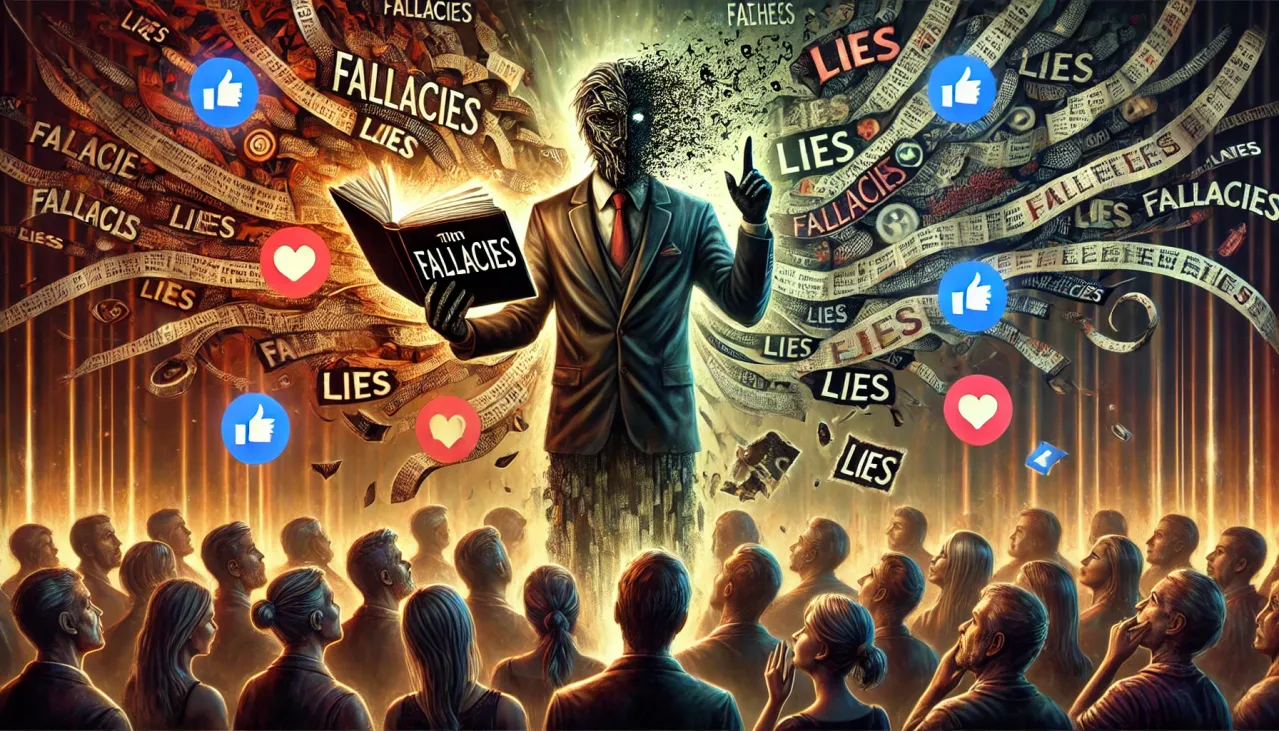- Details
- Category: Magazine
- Written by: Anitnelav
- Hits: 2720
Russia's Use of Social Media as a Tool for its Hybrid Warfare
In this article, we will discuss Russia's overall plan for deploying hybrid warfare—a combination of conventional military strength and subversive measures to achieve the geopolitical goals. The use of social media has become a weapon to influence public opinion and destabilize opponents. As technology continues to develop at a staggering pace, and as the strategic balance changes with seismic change, the scale of Russia's approach to war changes. One of the major building blocks of Russian military strategy is hybrid warfare, referring to the confluence of traditional military power and cyber operations or information warfare. Russian hybrid warfare strategically uses social media to exploit public perception and generate discord against the United States and its allies.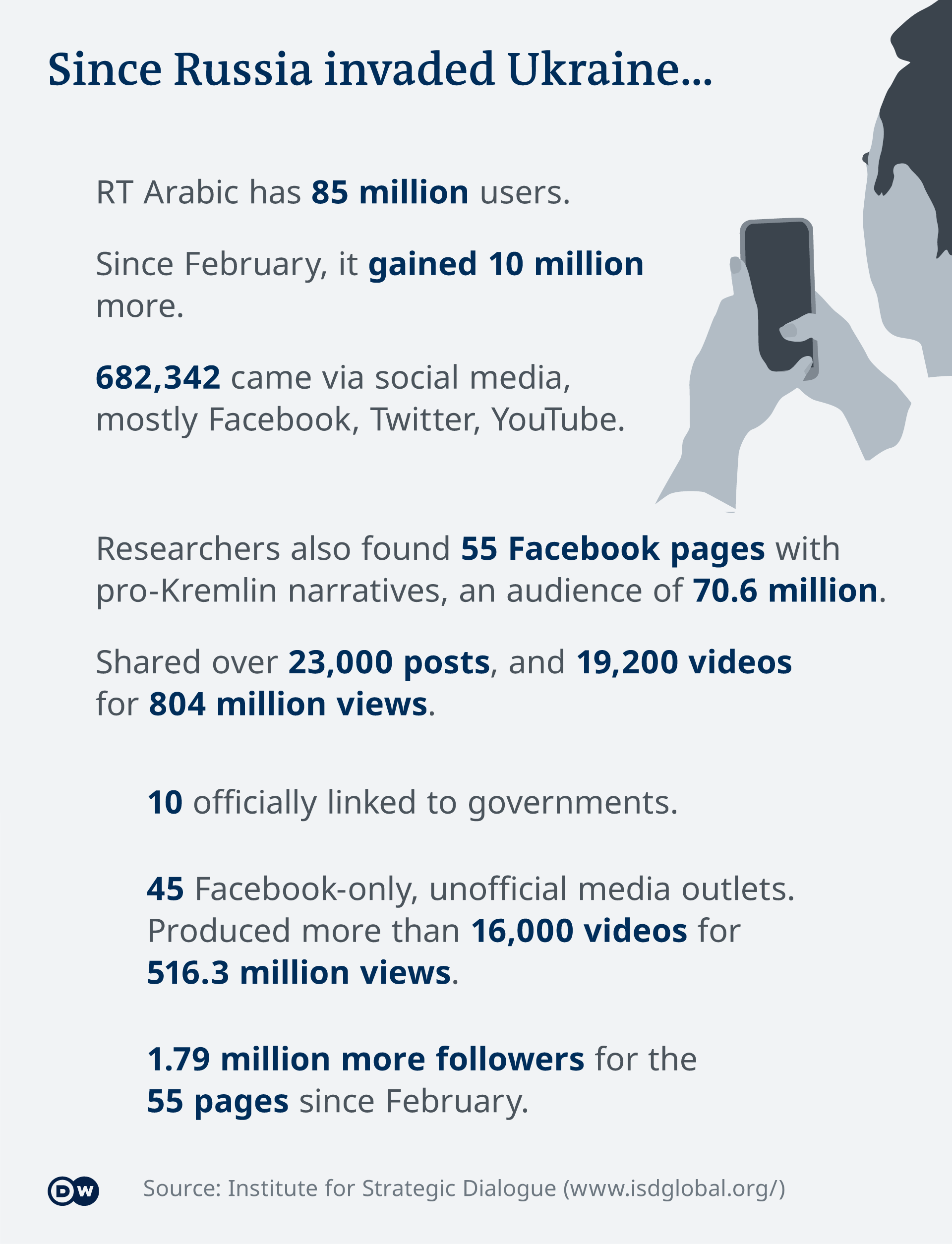
Russia's Hybrid Warfare Framework
The concept of "weaponization of social media" refers to a wide-ranging strategy in which a state uses social media in conjunction with conventional military force and other subversive techniques to alter the political landscape and alter the way a target state is governed. This approach is complex and may take many forms, from large-scale military conflicts to more clandestine activities like spreading false information or conducting cyber operations.
The engagement of direct military clashes, such as Russia's in Ukraine and Syria, is at one extreme of this scale. The use of ground offensives, airstrikes, and naval operations are all examples of conventional warfare tactics on display in these battles. Nonetheless, the plan incorporates a wide variety of non-military measures to accomplish strategic goals without resorting to open hostilities.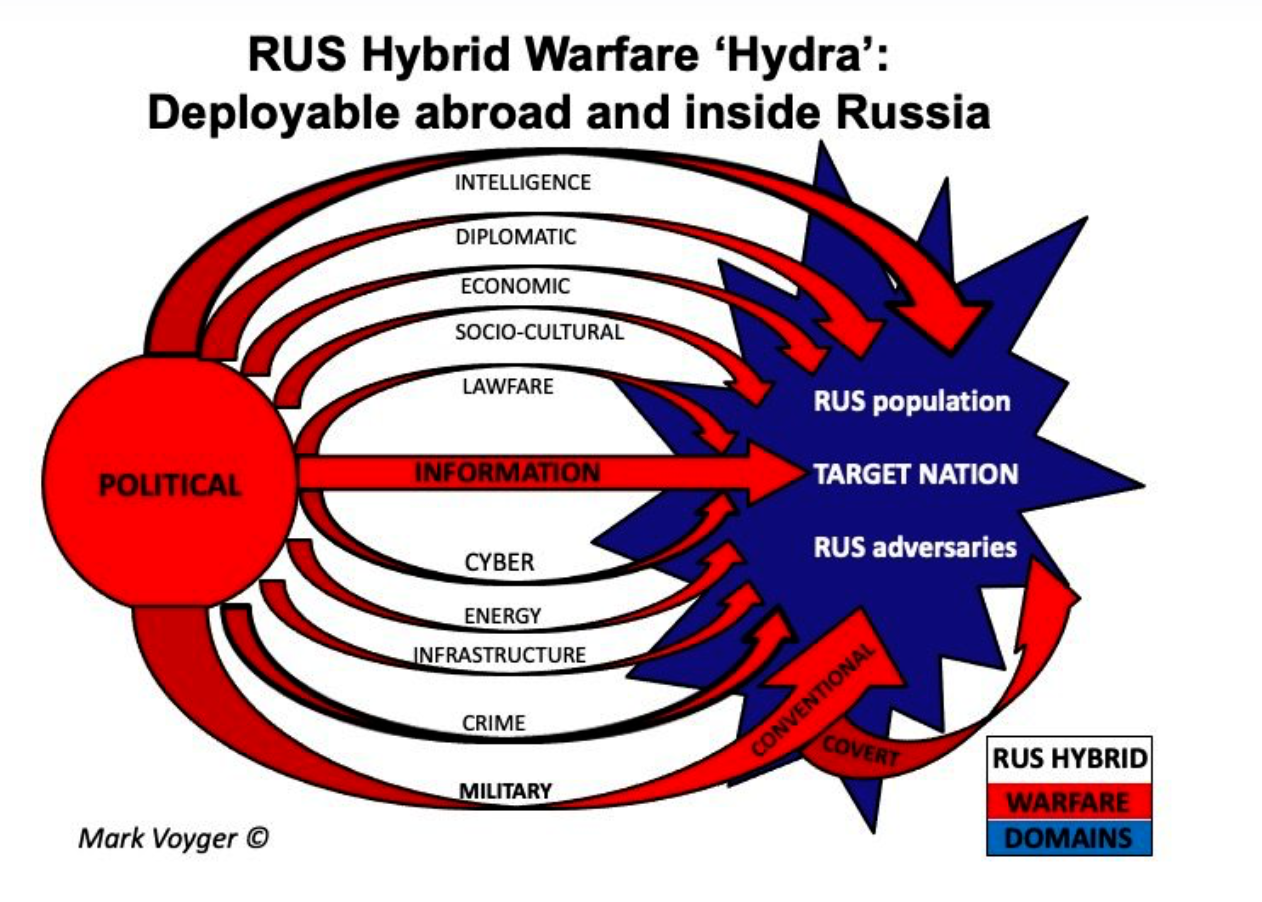
Operations that are less obvious and more sinister make up the strategy's hidden end. Cyberattacks on essential infrastructure, covert funding of political campaigns, and massive information warfare activities all fall under this category. In these endeavors, social media platforms are key because they facilitate the transmission of false information, exacerbate societal tensions, and influence public opinion in a way that damages faith in democratic institutions and processes.
The state is able to impact the target nation's political and social environment through this all-encompassing strategy, which includes not just physical supremacy but also the shaping of perceptions and the management of narratives. The defense sector faces a formidable challenge from this dual approach, which necessitates a comprehensive response plan to counter both overt military threats and the more covert but no less dangerous forms of cyber and information warfare. When planning its military's future, Russia sees hybrid warfare as its top priority. Given the current global power balance and technological advancements, this perspective alters the nation's military policy to prioritize these strategies above the traditional line of combat (Gamberini, 2020).
Putting a Plan into Action
Russian hybrid warfare, which combines covert and overt methods to destabilize targeted states without direct military confrontation, relies heavily on social media. Investigations into the 2016 U.S. presidential elections exposed substantial Russian meddling, providing a striking illustration of this strategy in action. In an effort to sway the election and deepen societal divides, misinformation was spread through social media sites like as Facebook and Twitter (X).
As part of its larger geopolitical plan, Russia is using social media strategically, rather than just when the opportunity presents itself. Russia targets a nation's stability and international stature by influencing information and sowing disinformation in an effort to undermine public faith in democratic institutions and procedures. Using social media to further Russia's geopolitical objectives while remaining mostly anonymous and unaccountable is the long-term objective.
Operational Tactics
Russia uses certain strategies at the operational level that take use of the interconnectedness and transparency of social media. Troll farms and other forms of automated bots are often used to spread misinformation and exacerbate social and political conflicts. These bots work in tandem, producing vast amounts of material that looks like real user-generated content like posts, comments, and shares. They aim to influence public opinion and undermine social cohesiveness in certain groups by their actions, which provide the appearance of popular support for contentious beliefs.
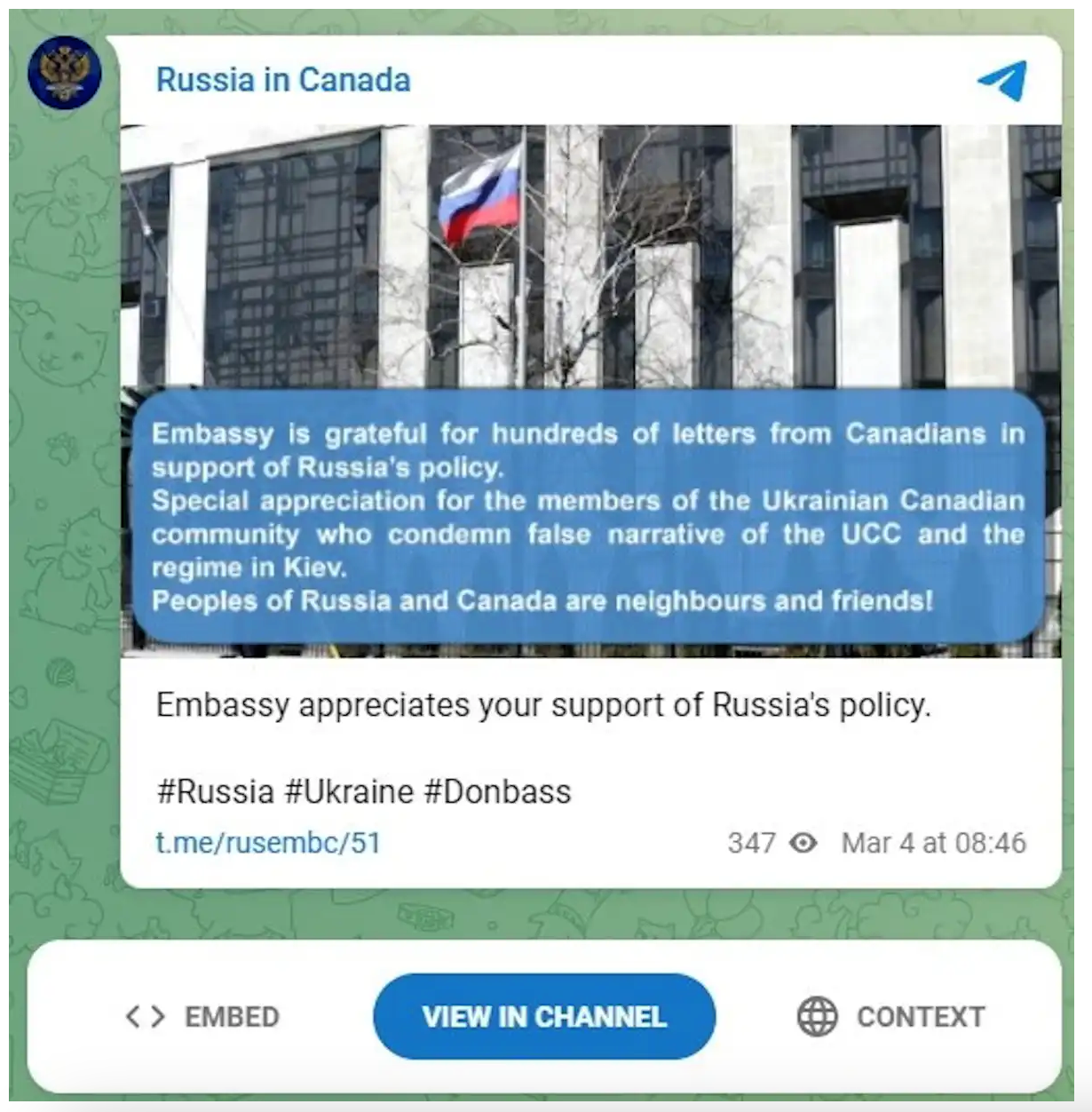 Among these methods is the deliberate dissemination of false or divisive news reports with the intent of becoming viral and fueling division. These initiatives increased the disruptive impact of misinformation by efficiently spreading it far and wide by taking use of algorithms and consumers' natural inclinations to interact with spectacular material. In addition, Russia's strategies need an in-depth familiarity with the social, political, and cultural divides within the target community. Such operations erode society from the inside out by manipulating misinformation campaigns to take advantage of these weaknesses, which in turn erode faith in civic institutions and the government. Russia is able to expand its influence across borders without being aggressive thanks to its multi-pronged approach to social media warfare. This strategy also makes it harder for targeted nations to respond, as they have to deal with the obvious effects of disinformation as well as the more subtle, long-term effects on public trust and social harmony.
Among these methods is the deliberate dissemination of false or divisive news reports with the intent of becoming viral and fueling division. These initiatives increased the disruptive impact of misinformation by efficiently spreading it far and wide by taking use of algorithms and consumers' natural inclinations to interact with spectacular material. In addition, Russia's strategies need an in-depth familiarity with the social, political, and cultural divides within the target community. Such operations erode society from the inside out by manipulating misinformation campaigns to take advantage of these weaknesses, which in turn erode faith in civic institutions and the government. Russia is able to expand its influence across borders without being aggressive thanks to its multi-pronged approach to social media warfare. This strategy also makes it harder for targeted nations to respond, as they have to deal with the obvious effects of disinformation as well as the more subtle, long-term effects on public trust and social harmony.
What This Means for International Security
Russia has already turned the tide in the way it fights global power struggles with its hybrid warfare tactics and the weaponization of social media. This is a major step in avoiding conflicts from becoming full-blown wars.
Suggestions for Public Policy, as per Gamberini (2020) and Clark (2020): Allies must band together to combat hybrid threats, which implies a heightened focus on cybersecurity and public education about the perils of misinformation and fake news. Russian hybrid warfare, especially on social media, is a calculated move to fit in with the current geopolitical climate. This tactic makes it harder to tell when one thing is war and when it is peace, as even apparently innocuous actions, like sharing information online, can have far-reaching geopolitical effects. This change exemplifies how war is changing, with virtual boundaries becoming as important as physical ones. The US and its allies must reevaluate and reshape their national security policies in light of these changing methods. Recognizing that most of the dangers they confront are unconventional and necessitating solutions that extend beyond conventional military might is the real difficulty. In this setting, safeguarding national interests necessitates being aware of and prepared to oppose the nuanced informational manipulation and cyber operations that seek to manipulate and destabilize. Therefore, knowing how military might interacts with informational impact is crucial for contemporary defense strategy. On a worldwide level, this calls for a radical change in attitude and legislation. An equally strategic, organized, and strong reaction is necessary since information warfare may have just as big of an impact as conventional warfare. As a result, nations must adjust to this reality.
How to Combat Russia
Military experts conclude: it is critical that the US and its partners do the following to successfully combat these non-traditional dangers:
We can detect, prevent, and fight cyber attacks and misinformation efforts by developing state-of-the-art cyber defensive systems.
In order to protect society against the potentially devastating effects of false narratives, we must raise awareness about the prevalence and consequences of disinformation/misinformation through the promotion of media literacy.
Enhance Global Partnerships: Cooperating more closely with foreign allies to standardize social media regulation, share intelligence, and coordinate reactions to information threats.
Social media platforms should be regulated. The dissemination of misinformation and the accountability of social media for material endangering public safety and democratic processes necessitates the implementation of stronger controls on these platforms.
The capacity to track and report on disinformation campaigns as well as to take part in such campaigns should be strengthened via investments in intelligence and counterintelligence operations. This way, we can lessen the impact of Russia's hybrid tactics, while simultaneously strengthening democratic institutions and creating a more peaceful global order.
References:
https://www.rand.org/pubs/research_reports/RR4373z2.html
https://apps.dtic.mil/sti/citations/trecms/AD1177353
https://cepa.org/article/what-is-hybrid-warfare-really/
